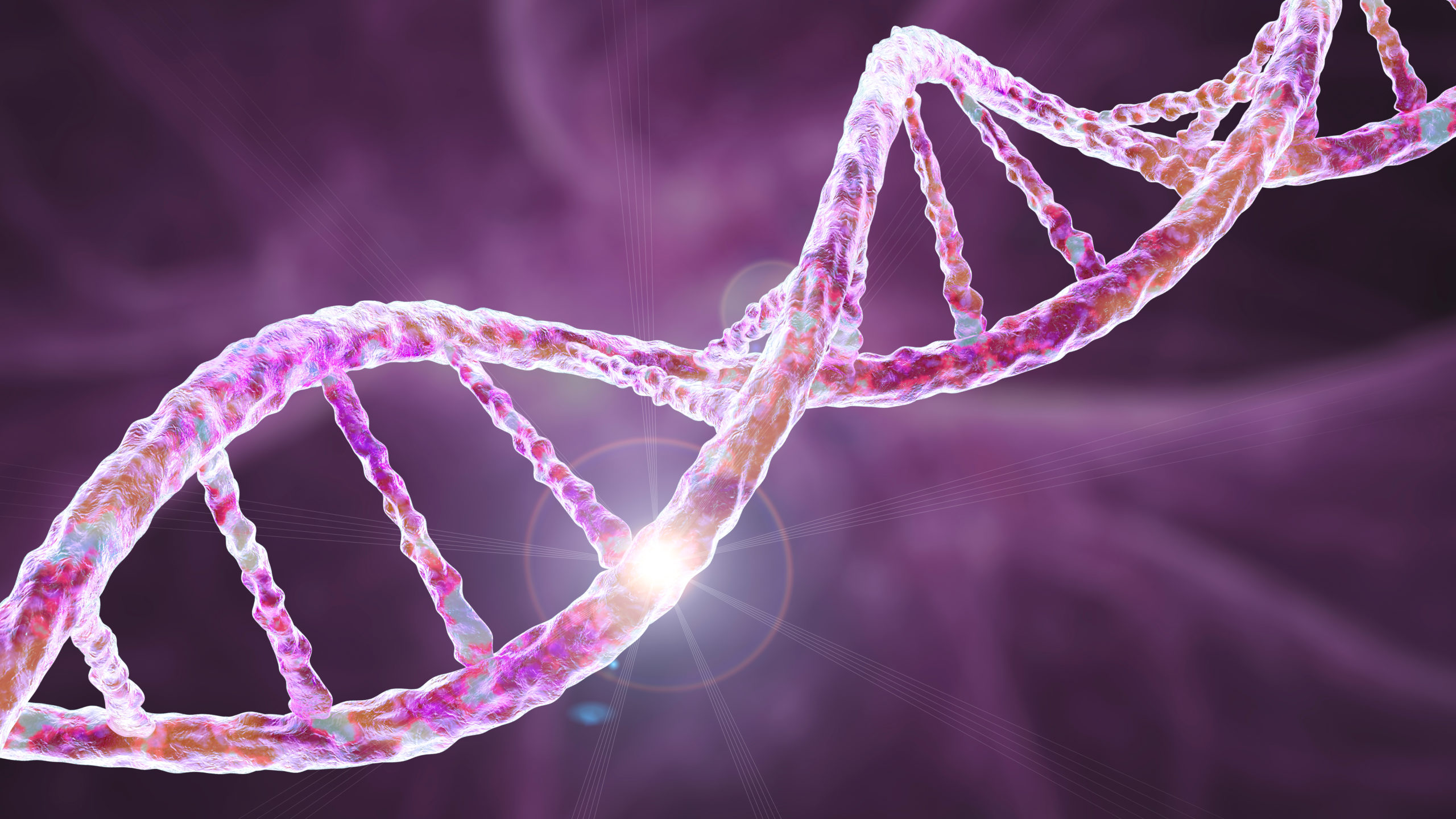Tay-Sachs Symptoms
Tay-Sachs syndrome symptoms
The symptoms of Tay-Sachs are a set of symptoms unique to this individual genetic syndrome.
Tay-Sachs is a genetic syndrome, also known as a rare disease. It is usually identified during infancy, and in many cases it is fatal, with a life expectancy of no more than a few years following birth.
Rare forms of the syndrome have symptoms that start later in childhood, this is known as juvenile Tay-Sachs disease, or sometimes early adulthood/late onset Tay-Sachs. These rarer forms of the disease do not always have a short life expectancy.
Tay-Sachs syndrome causes
Tay-Sachs is caused by a mutation in the HEXA gene, located on chromosome 15. This mutation leads to a lack of an enzyme that is responsible for breaking down fatty substances. Known as gangliosides, these fatty substances then build up, within a child’s brain, to toxic levels. This then affects the nerve cells and their ability to work. This is what then triggers the symptoms of this rare disease.
Tay-Sachs is inherited in a type of genetic inheritance pattern known as autosomal recessive pattern. This means for a child to develop this rare disease, they must receive two copies of the gene mutation, from both parents. They must have two parents who are carriers of the syndrome, but who display no symptoms themselves.
The risks for Tay-Sachs for the child with two parents who are carriers are:
- 25% chance of not inheriting the gene mutations, and being neither affected by the syndrome, nor a carrier of it
- 50% chance the child will inherit one copy of the gene mutation from one of their parents, meaning they won’t develop the condition, but they will be a carrier and will need to consider this when having their own children in the future
- 25% chance the child will be born with Tay-Sachs, having inherited both copies of the gene mutation from both parents
Tay-Sachs syndrome symptoms
Tay-Sachs symptoms begin in infancy. This can be anywhere between 3-6 months old. The syndrome is progressive, meaning symptoms worsen with time, and with Tay-Sachs they progress quickly. It is one of the most severe genetic disorders in children.
These symptoms include –
- Seizures and fits
- Muscle stiffness
- Issues and difficulties with swallowing
- Floppiness and weakness which gets worse over time and ends with paralysis
- A loss of vision or hearing
- Developmental delay, and losing skills already learnt – Tay-Sachs is a regressive disease, and regressive or lost developmental skills is one of the major symptoms of it
- Being overly startled by both noises and movement
Symptoms of Tay-Sachs are severe, and most affected infants do not survive past the age of 5. The most common cause of death is pneumonia, which is an infection of the lung.
Tay-Sachs and genetic counseling
Genetic counseling for Tay-Sachs is critically important. Those of European Ashkenazi descent or ancestry are at higher risk for being carriers of the syndrome, and if two parents are of this ancestry, genetic carrier screening is essential before starting a family.
Genetic counseling for Tay-Sachs is particularly sensitive to the severe symptoms of this syndrome, and its shortened life expectancy. Two parents who are discovered to be carriers will need to meet with a genetic counselor, to understand fully what this means for the health of their future children, and what their options for family planning are. A genetic counselor can help families understand their options, including the possibility of egg or sperm donation, in order to reduce their risk of passing on Tay-Sachs.
Parents who receive a diagnosis of Tay-Sachs in their child will require a great deal of emotional, and medical support, in terms of understanding and coping with their child’s prognosis. Genetic counselors are trained to provide this support.







